I’m a Scientist,Get me out of here:
Autumn 2021
Scroll down to begin
I’m a Scientist,Get me out of here:
Autumn 2021
Scroll down to begin
Scientists create profiles on the website and engage directly with school students through real-time, text-based live chats, and answering follow up questions posted on the site. Students ask questions about whatever they want; questions about careers and research, as well as their wider interests and lives outside of work.
Through taking part, students engage with STEM professionals from a diverse range of backgrounds, disciplines, and industries. They get to see scientists as ordinary people with hobbies, interests, pets, and families. They learn about STEM careers and opportunities in higher education, while seeing how what they learn in school relates to the world around them.

Through engaging a whole class, or year group of students with ~25 scientists from diverse backgrounds, different career pathways, and a wide range of fields in STEM, the diversity of young people who see STEM as something ‘for them’ increases.
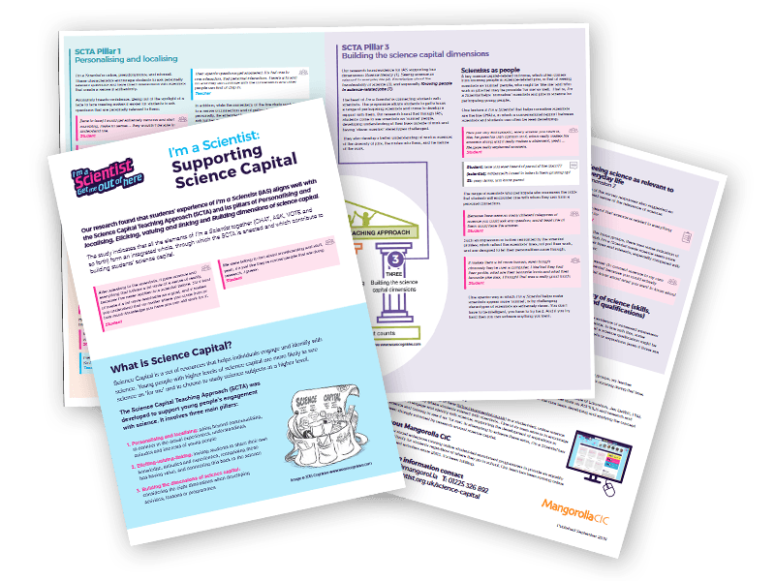
In 2019 Jen DeWitt, PhD — an independent research and evaluation consultant, and member of the core team developing and applying the concept of science capital — conducted an evaluation of I’m a Scientist to see how the experience might support students’ science capital.
The research comprised student focus groups, teacher interviews, surveys, and analysis of content generated on the I’m a Scientist website including transcripts of live chats, and questions asked by students.
The evidence produced by this research demonstrates that the experience of I’m a Scientist maps onto elements of the Science Capital Teaching Approach. In turn, this supports science capital related outcomes of participating in I’m a Scientist.
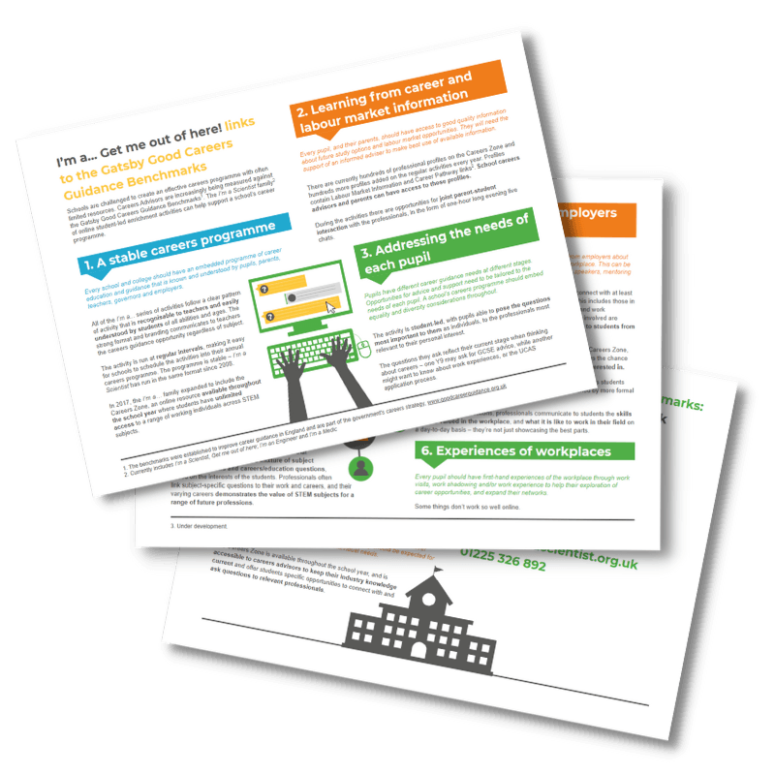
Schools are challenged to create an effective careers programme with often limited resources. Careers Advisors are increasingly being measured against the Gatsby Good Careers Guidance Benchmarks.
The I’m a Scientist family of online student-led enrichment activities can help support a school’s careers programme.
I’m a Scientist is a low pressure environment for researchers to ‘dip their toes’ into public engagement. Seeing students’ enthusiasm for their work gives researchers the confidence and motivation to do more outreach.
Our research shows that those with less previous outreach experience, increase their public engagement activities by 130% in the year following taking part in I’m a Scientist.
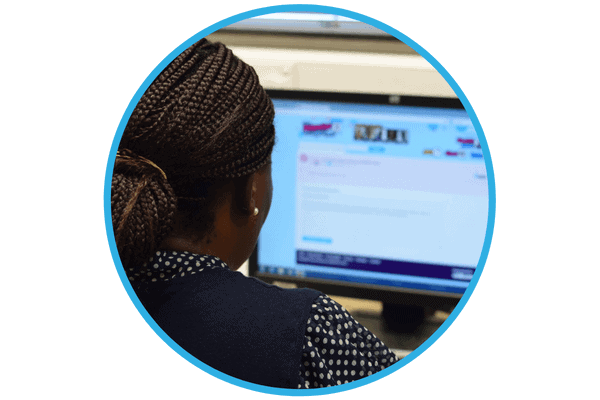
I’m a Scientist offers effective experiential training for scientists in engaging the public.
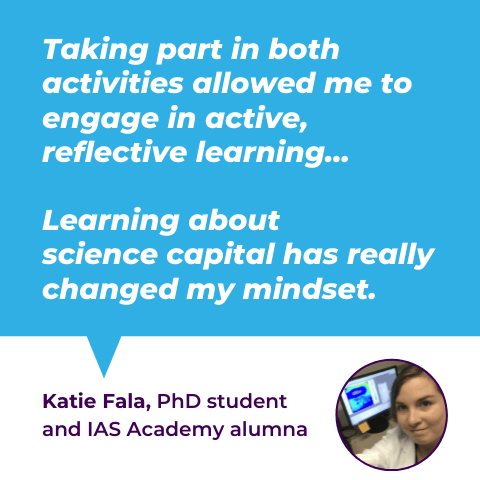
The I’m a Scientist Academy is a short online course for researchers to take alongside participation in I’m a Scientist. Based on the NCCPE Engage Framework, it helps researchers understand the fundamentals of quality public engagement and science capital concepts at the same time as engaging students.
Supported by a science communication lecturer, researchers answer questions getting them to think about important principles such as purpose, audience needs and appropriate engagement methods.

From 2017/18 to 2020/21 students and scientists took part in 2,612 live chats, writing 875,366 lines of chat.
Our new-format 4-week long zones average 24 live chats, with an average of 301 lines each.
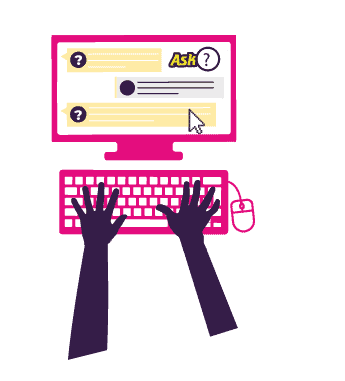
Students ask follow up questions after their live chat. Between 2017/18 and 2020/21, students posted 45,077 questions, 23,228 were sent to scientists after questions scientists had already answered were filtered out, and scientists responded with 48,098 answers.
On average, each zone received 438 questions, with 226 being approved. Scientists wrote 467 answers.

Students vote for the scientist they think best deserves to win a £500 prize.
Between 2017/18 and 2020/21, students cast 34,175 votes for scientists in I’m a Scientist zones, awarding £47,000 of prize money to be spent on further public engagement.
An average zone received 332 votes.
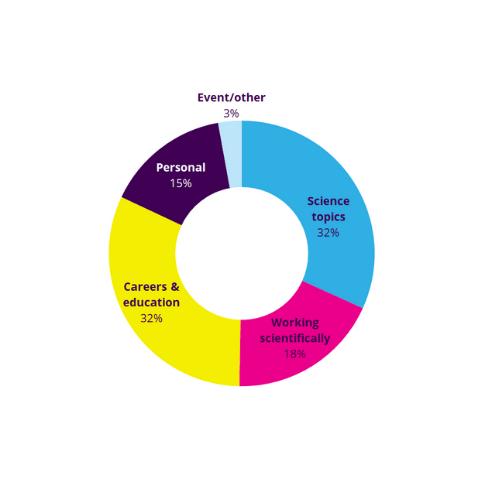
The pseudo-anonymous nature of the activity encourages the whole class to engage; every student can ask the questions they’re interested in, not just those who would usually be confident raising their hand.
Follow up questions are coded according to their theme. Over 104 zones and between 2017/18 and 2020/21, 32% of questions were on science topics, and 32% on careers and education.
Students also ask questions about how science works, and the scientists’ lives outside of work.
1,660 scientists actively participated between 2017 and 2021.
Participants represented and gave students insight into a wide array of careers and pathways into STEM jobs.
~25 scientists take part in each of our new format 4-week long zones.
49,388 students logged into the activities, with 85% actively engaging through joining a discussion, asking a follow up question, posting a comment, or casting a vote.
Since 2017/18, an average of 406 students have actively engaged in each zone. That figure has increased however, since we moved to the new format 4-week long zone, and in 2020/21, an average of 659 students took part in each zone.
Between 2017/18 and 2020/21, 599 UK schools took part (including 1 school in Jersey), and 14 international schools.
On average, 10 schools took part in each of the 2-week long zones. Since moving to the 4-week zone format however, an average of 23 schools took part in each zone.
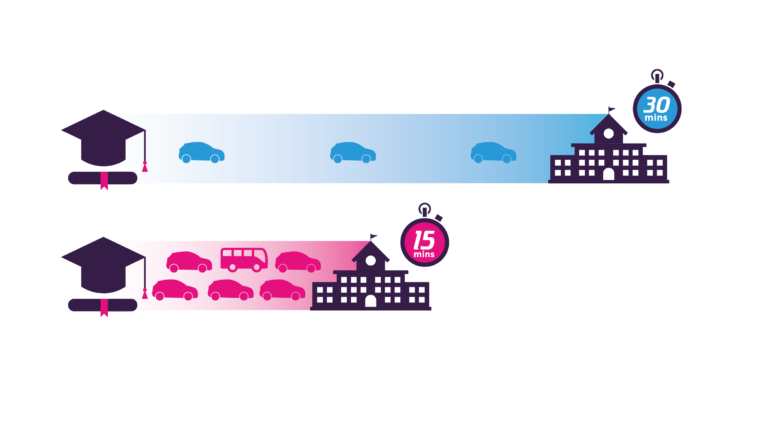
We work to prioritise places for schools in geographically underserved areas and widening participation schools.
Between 2017/18 and 2020/21, 44% of participating schools were located more than 30 minutes from a major research HEI, which our research shows are half as likely to receive a visit from a university scientist as those within 15 minutes.
30% of participating schools were widening participation schools (those with a higher than average percentage of students eligible for free school meals).

I’m a Scientist, Get me out of here and related projects are produced by Mangorolla CIC.
We are a not-for-profit social enterprise, limited by guarantee, with a mission to reach those schools others find difficult to reach.
We are a distributed team with staff working across the UK; in the South West, London, and the North. Our office is located in Bath.
Mangorolla CIC
7–9 North Parade Buildings, Bath, BA1 1NS
+44 (0) 1225 326 892
mangorol.la
Shane McCracken, Director
shane@mangorol.la